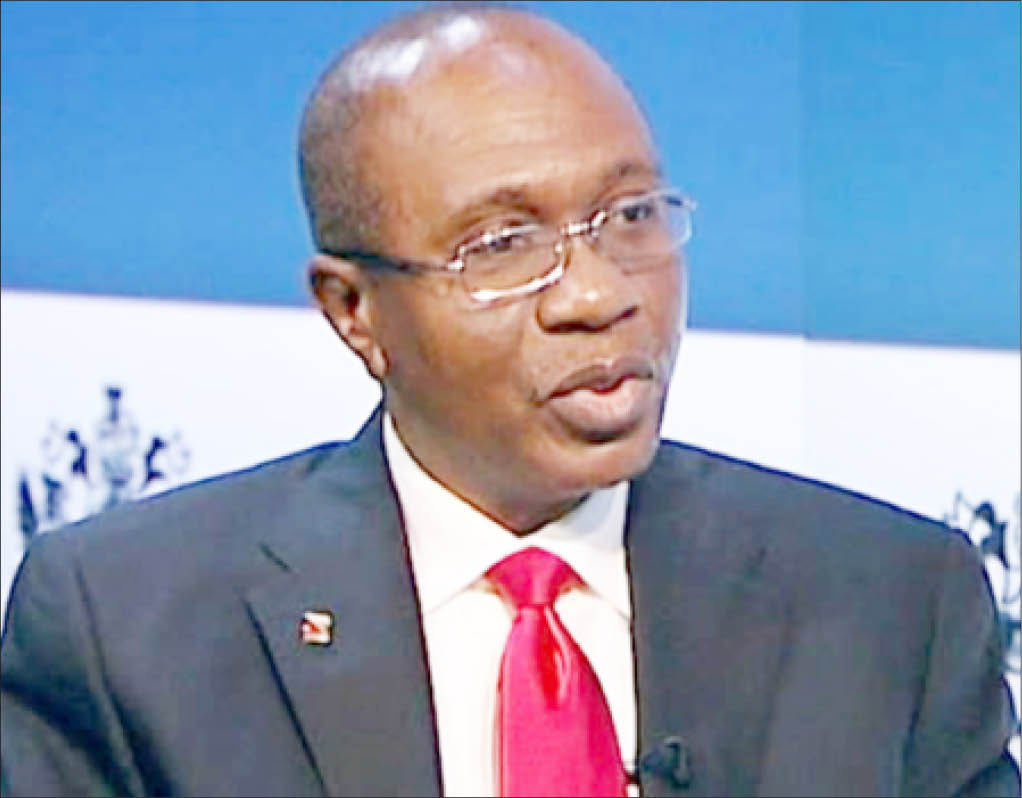The Monetary Policy Committee (MPC) of the Central Bank of Nigeria (CBN) has retained the benchmark interest rate at 11.5 per cent to contain inflation in the country.
Announcing the decision at the end meeting, the CBN Governor, Godwin Emefiele, said holding the interest rate and other parameters constant has impacted the economy positively.
He said the committee voted to maintain the key lending rate at 11.5 per cent, with the asymmetric corridor of +100 and -700 basis points around the Monetary Policy Rate and liquidity ratio at 30 per cent while Cash Reserve Requirement was pegged at 27.5 per cent.
Suspending subsidy removal not enough, complete refineries, NLC urges FG
Senate passes bill to empower Colleges of Education to award degrees
Emefiele added that part of majors to contain inflation would be revamping the commodities market and reducing the money supply in the country.
The MPC believes the higher inflation rate recorded in December might be transitory and reflective of stronger demand during the yuletide season. The Committee opines that the headline inflation rate may ease in the months ahead, especially with the significant interventions in the agriculture sector by both the CBN and the fiscal authorities.
With this renewed stance of the MPC, equity investors who were concerned that a higher interest-rate environment may trigger a bearish sell-off may heave some sigh of relief. Likewise, the government may be the biggest beneficiary of the sustained accommodative stance of the Committee, as it suggests that the Debt Management Office may be able to borrow for the government to finance the 2022 budget at perhaps similar interest as it did last year or slightly higher.
Borrowing from the local market may become more important for the government this year, as global market interest rate spikes and Nigerian Eurobonds are already trading at about 60 basis higher yields, compared to the level at which the most recent bonds were issued in September 2021.
This indicates that the debt management office may have to look more inward in financing the 2022 budget deficit, as higher interest rates in the global market may undermine appetite to ramp up foreign currency borrowings, except for low-cost bilateral loans from development finance institutions such as the World Bank and African Development Bank.

 Join Daily Trust WhatsApp Community For Quick Access To News and Happenings Around You.
Join Daily Trust WhatsApp Community For Quick Access To News and Happenings Around You.


